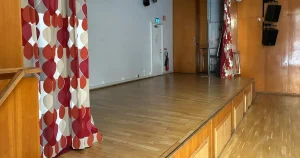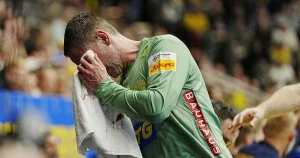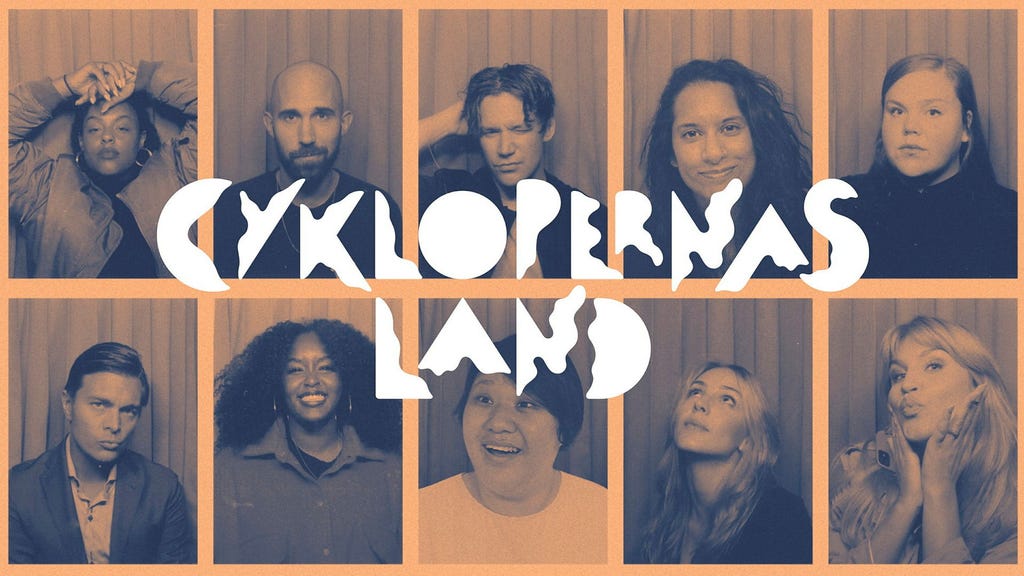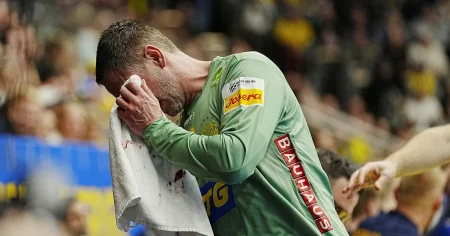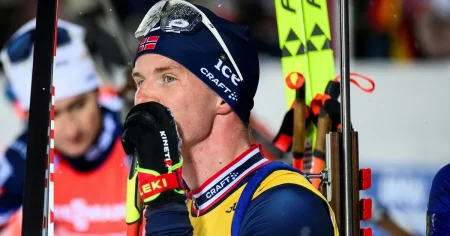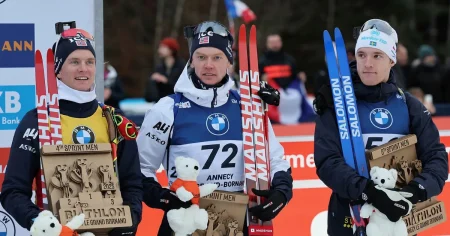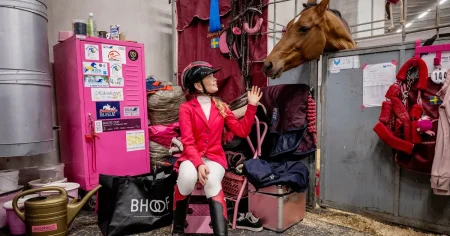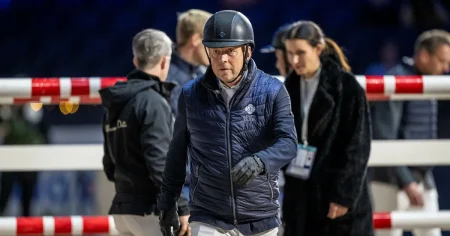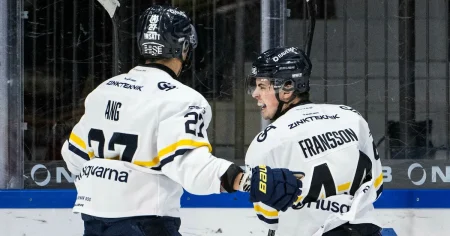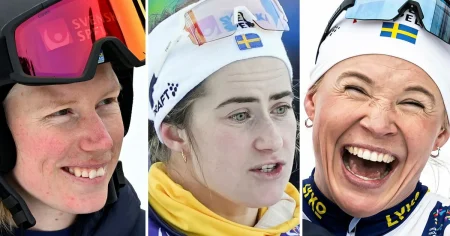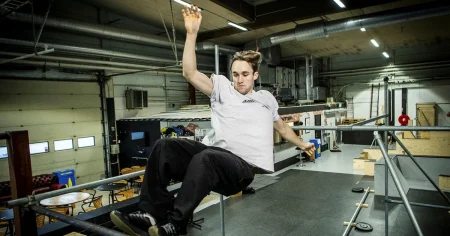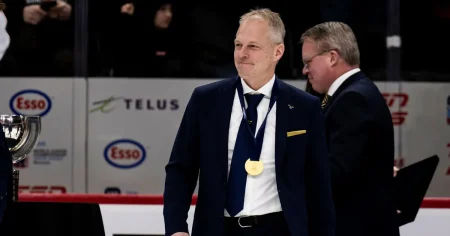The demise of Fotbollsgalan, Sweden’s annual football awards ceremony, is hardly surprising. Even before the pandemic disrupted its rhythm, the event struggled to capture public interest and maintain its relevance. Its absence from television screens in recent years seems to have sealed its fate. The lack of a broadcasting partner speaks volumes about the industry’s assessment of its appeal, indicating a collective disinterest in investing in a production that failed to resonate with audiences. The dwindling viewership and general apathy towards the gala likely contributed to the television industry’s decision to withdraw support, leaving the event without a platform to reach a wider audience.
While the traditional Fotbollsgalan has faded into obscurity, other football-related events have attempted to fill the void, albeit with varying degrees of success. ”Fotbollsåret,” a revamped format focusing on the year in football, has emerged as a contender, airing on Viaplay and TV6. However, this streamlined production lacks the glitz and glamour of its predecessor, foregoing the red carpet, celebratory dinner, and entertainment segments that characterized Fotbollsgalan. In contrast, ”Allsvenskans stora pris” has evolved from a modest studio production to a full-fledged gala, incorporating the very elements that ”Fotbollsåret” omits. This highlights a curious trend in televised award ceremonies, where organizers seem trapped in a cycle of replicating tired formulas, resulting in predictable and often underwhelming productions.
The Swedish television landscape appears plagued by a peculiar inability to create compelling award shows. Programs like ”Kristallen,” intended to celebrate television achievements, often fall flat, drawing criticism for their lack of originality and perceived imitation of international formats. This raises the question of why Swedish productions struggle to embrace their own unique cultural context and sporting traditions. Instead of relying on tired tropes like tuxedo-clad attendees, elaborate silverware, and obligatory red carpets, perhaps a more authentic and less contrived approach would better serve the purpose of celebrating Swedish football. A shift away from the rigid formalities of traditional galas could pave the way for a more engaging and entertaining experience for both participants and viewers.
One possible solution lies in entrusting the production to creative teams with a proven track record of innovation. Imagine the possibilities if the minds behind programs like ”Cyklopernas land” and ”Fotbollsmorgon” were given the reins. Their combined expertise could potentially inject fresh perspectives and a much-needed dose of originality into the format. This could result in a celebration of football that truly reflects the passion and excitement that the sport evokes, moving beyond the stale and predictable conventions that have characterized past events. Embracing a more authentic and less formulaic approach could revitalize the concept of a football awards ceremony, making it a genuinely celebratory occasion.
Meanwhile, across the North Sea, the World Dart Championship at Alexandra Palace, affectionately known as ”Ally Pally,” provides a stark contrast to the declining fortunes of Swedish football galas. This vibrant and boisterous event draws massive crowds and television audiences, showcasing the immense popularity of darts in the UK. The electrifying atmosphere and enthusiastic participation of fans create a spectacle that captures the essence of sporting entertainment. The significant prize money on offer, culminating in a £500,000 grand prize, further underscores the sport’s growing prominence and lucrative appeal. The success of the World Dart Championship underscores the potential of sporting events to captivate audiences when presented in an engaging and accessible format.
This brings us back to the Swedish football scene and a final proposal. Given the significant changes and challenges facing Swedish football, the upcoming annual meeting of the Swedish Football Association holds immense importance. The decision regarding the potential appointment of Fredrik Reinfeldt as chairman adds another layer of intrigue to the proceedings. This event warrants extensive media coverage, and a live broadcast would serve the public interest by providing transparency and insight into the decision-making processes within the organization. Public service broadcasters have a responsibility to provide comprehensive coverage of significant events within the sporting world, and this meeting undoubtedly qualifies as such. A live broadcast would allow the public to witness these crucial discussions firsthand, fostering greater engagement and understanding of the issues at stake.


